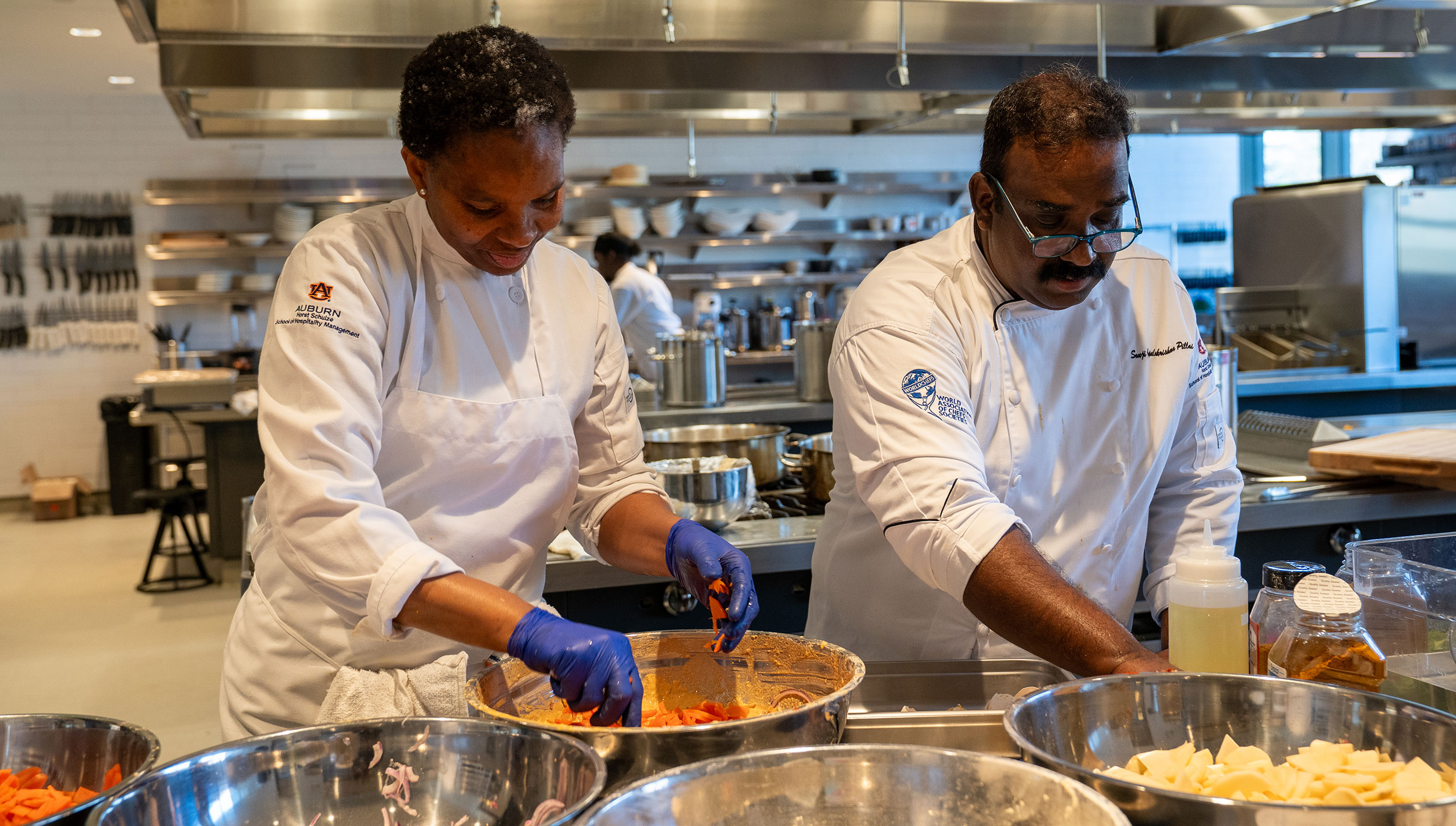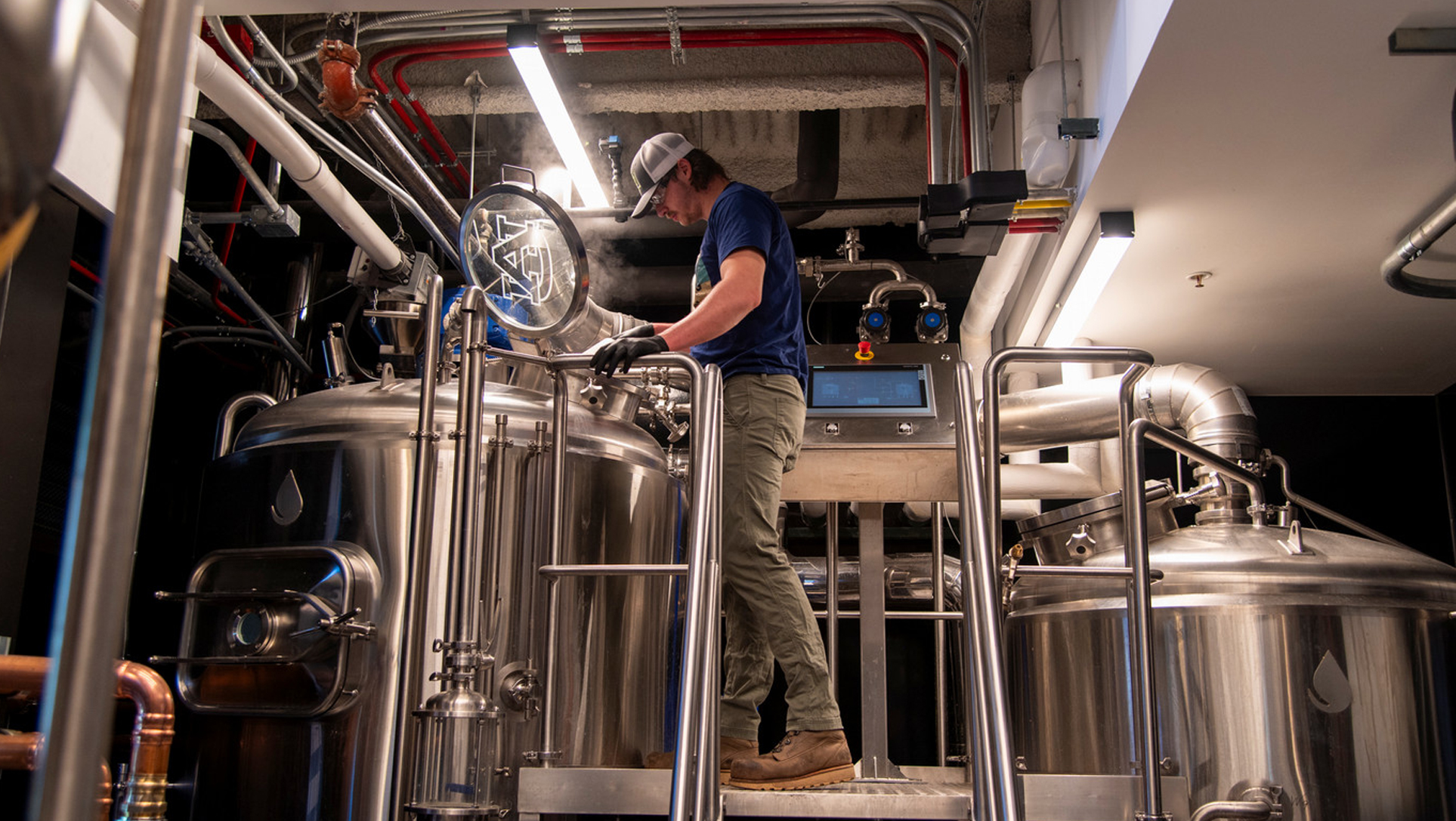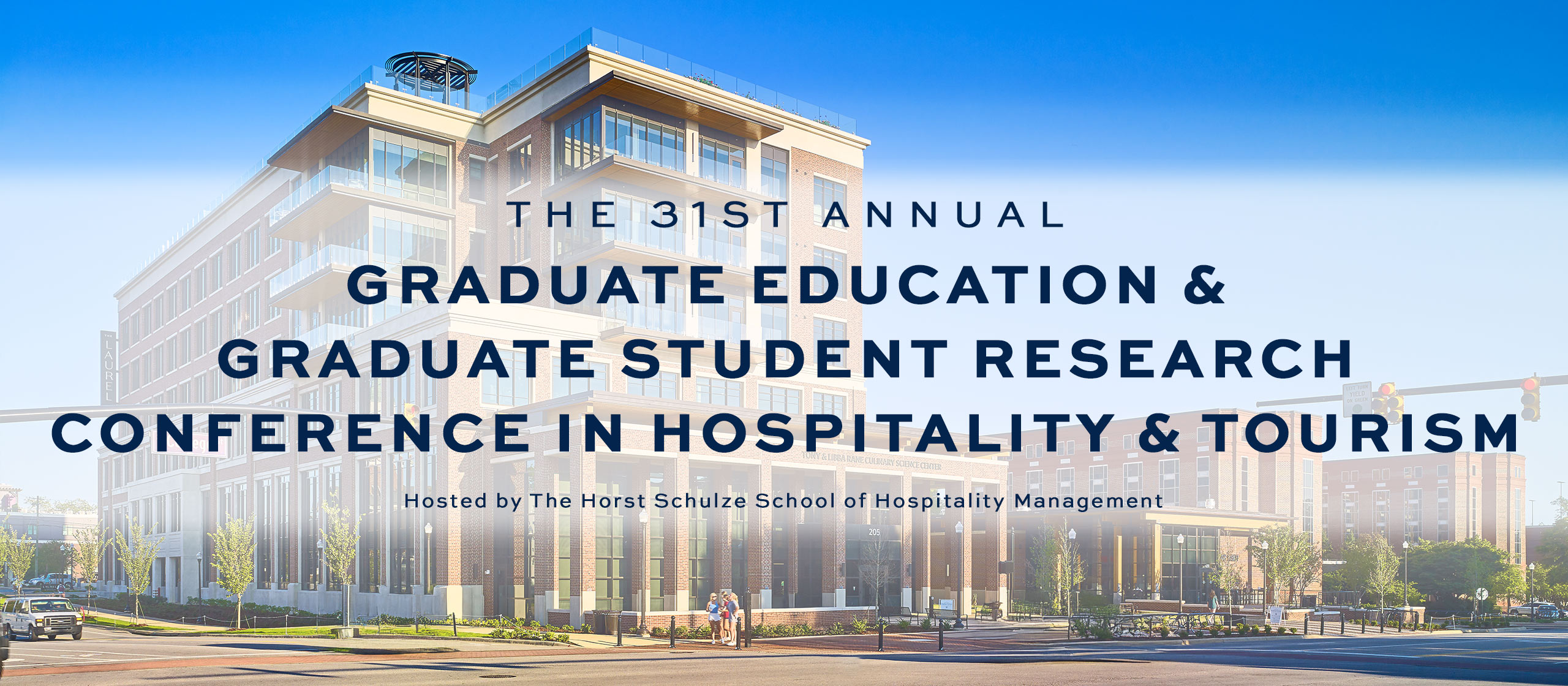The Horst Schulze School of Hospitality Management (HOSP) in the College of Human Sciences offers graduate studies leading to a Master's and Doctoral degree in Hospitality Management. The mission of these programs is to develop world class graduate students to identify, analyze and respond in an informed sense, to the dynamic nature of the global hospitality and tourism field through excellence in teaching, research and applied outreach.
Why Auburn?

“This program’s practicality gave me the confidence I needed to succeed as a brewmaster,” Kostic said. “I am only here because of Auburn.”
Drew Kostic '17
Head Brewer & On-site Manager

“One of the first things that stood out to me when I joined Auburn University’s hospitality graduate program was the diversity among the faculty, staff, and graduate students. As an international student from Jamaica, seeing representation across cultural backgrounds, research interests, and professional experiences instantly made me feel like I belonged.”
Shenee Douglas
PhD in Hospitality Student

"I was drawn to Auburn’s hospitality program for its state-of-the-art facilities, strong reputation, global connections, and engaging opportunities like travel tours and industry certifications. When I visited last fall, the new, beautiful Rane Center sent a clear message: Auburn invests deeply in its program and students."
Julianna Haase
Masters in Hospitality Student










